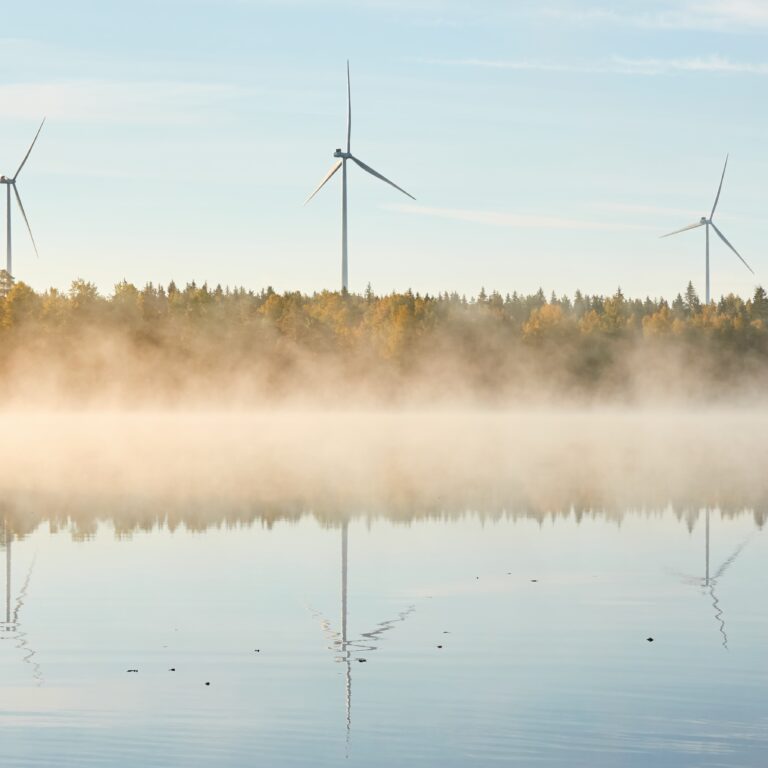The Blue Marble shot is one of the most reprinted photos of all time. In December 1972, an astronaut travelling onboard Apollo 17 on a lunar mission snapped the first photograph of our whole planet during the first flight hours. A bright blue marble sphere hung in the middle of a black frame called space.
Something is intriguing about this picture because it was taken at a crucial moment of the flight when there were plenty of other tasks to perform. Yet these astronauts travelling at a speed of 32,000 km/h towards the moon felt the need to look out the window and admire the beauty of the planet they were leaving behind. Today, amidst the hustle and bustle of day-to-day life, it is just as important to stop and reflect on the state of our planet. In this article, I will provide such a reflection by focusing on climate change litigation – admittedly less spectacular than the Blue Marble, but still important.
In January 2021, the United Nations published the Global Climate Litigation Report. As of July 2020, the report shows that the number of climate change cases doubled compared with the numbers from 2017, standing at 1,550 cases filed in 38 countries worldwide. The current estimations are that the number of cases stands at 1,828, and more are being filed every day.
The story of climate change litigation could start with a chapter about the 2015 Paris Agreement adopted by 196 parties. However, that would not be accurate. Climate change cases have been initiated based on different legal frameworks, some much older than the Paris Agreement. For example, some are based on the European Convention on Human Rights (ECHR) signed in 1950 or the Energy Charter Treaty (ECT) signed in 1994.
Climate change cases have been filed worldwide, with many cases being litigated in the United States of America, but we will focus on the European perspective in this article. The landmark judgement in Europe is the Urgenda case filed in the Netherlands in 2013 and finally decided by the Supreme Court in 2019. This is the first case in which a court ordered a state to achieve a greater reduction in greenhouse gas (GHG) emissions, describing in the judgement the obligations of a state under the ECHR. This case is of tremendous importance in the whole continent, and its seeds continue to spread in the Netherlands and abroad.
More recently, on 26 May 2021, another judgement was handed down in the Netherlands. The Hague District Court ordered the Royal Dutch Shell to reduce the CO2 emissions of the group by a net 45% by 2030 compared to 2019 levels through Shell’s corporate policy. The court refers to the Urgenda ruling, the Paris Agreement and surprisingly to the OECD Guidelines for Multinational Enterprises as well as other soft law instruments in the reasoning for this judgement. The explicit reference to soft law instruments is remarkable seeing that by definition, they are not binding. This is a reminder to many international companies that have included references to the OECD Guidelines in their policies without considering its potential serious implications.
The Shell judgement was not the only exciting development in May 2021. The German Federal Constitutional Court ruled that Germany’s Climate law does not provide sufficient measures to reduce GHG emissions from 2031 onwards. As a response to the judgement, the German Government put in place actions to amend the climate change act and abide by the court’s ruling. In addition to these cases, there have been similar decisions in other jurisdictions. There are several pending cases in France, the UK and before the European Court of Human Rights.
In addition to national courts, there has been a surge in international arbitration cases relating to climate, especially in the energy sector. Over the last decade, Spain became the most sued western country over its renewable energy support scheme.
Recently, two energy companies with power plants in the Netherlands (RWE and UNIPER) filed for separate arbitration proceedings against the Kingdom of the Netherlands under the ICSID (the International Centre for Settlement of Investment Disputes of the World Bank) rules on the protection granted to foreign investors by the ECT. These companies seek compensation for the premature shutting down of their power plants due to the coal phase-out scheme put in place by the Government of the Netherlands after the Urgenda judgment. The two cases were filed in late April. Still, the Government of the Netherlands already reacted with a counter-suit in German courts that can potentially reach superior instances of EU courts.
One thing that the Covid-19 pandemic has taught us is that it would be unwise to think that a country is immune to something that is spreading all over the world. The same logic can be applied to climate change litigation. Finland is not immune and Finnish companies cannot self-isolate and pretend this will not happen in Finland.
As we say at Dittmar, the most successful resolution of a dispute prevents it from ever existing. Prevention of disputes has many layers. Some start in contract negotiations, and others in meeting rooms discussing how companies and governments can be proactive in tackling these issues. But all have common elements: awareness, discussion and action. Let’s think ahead, discuss and act together.


